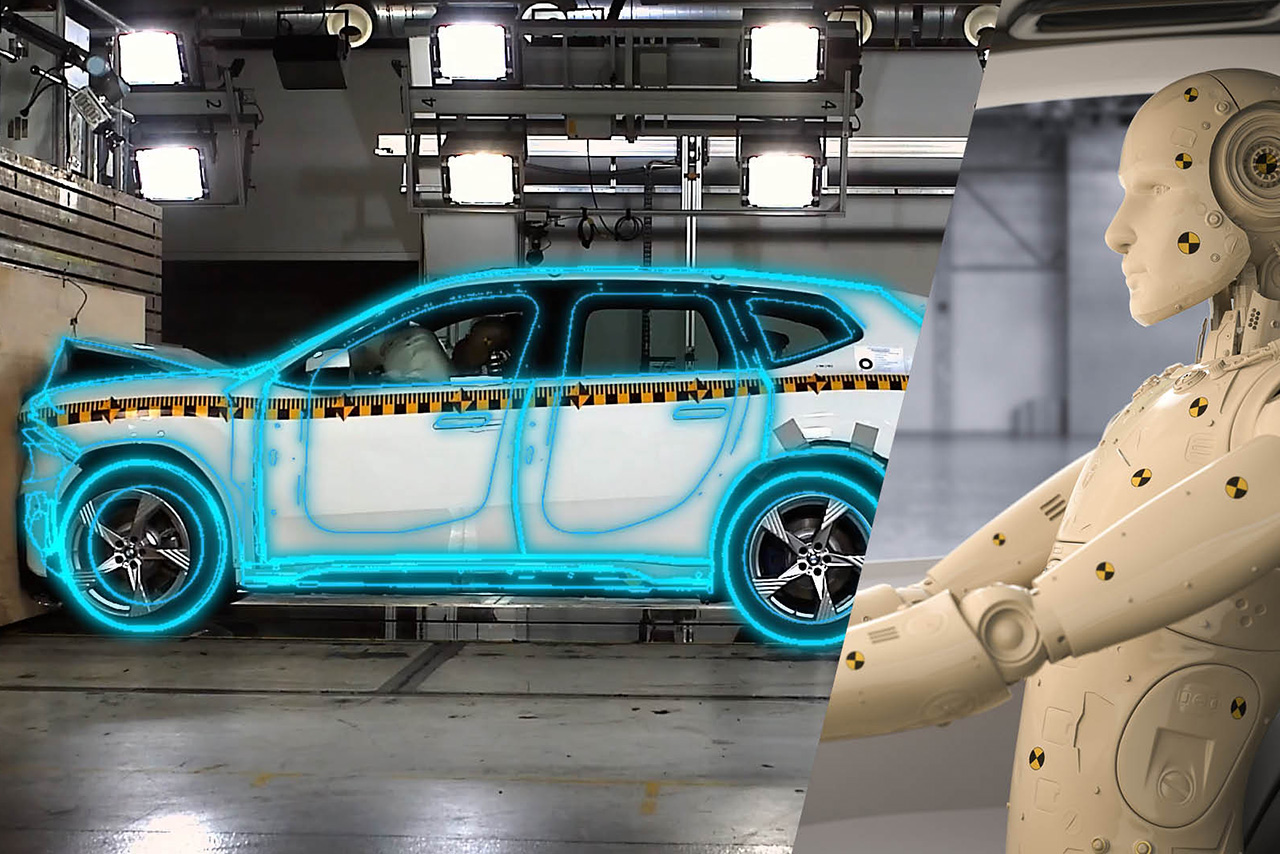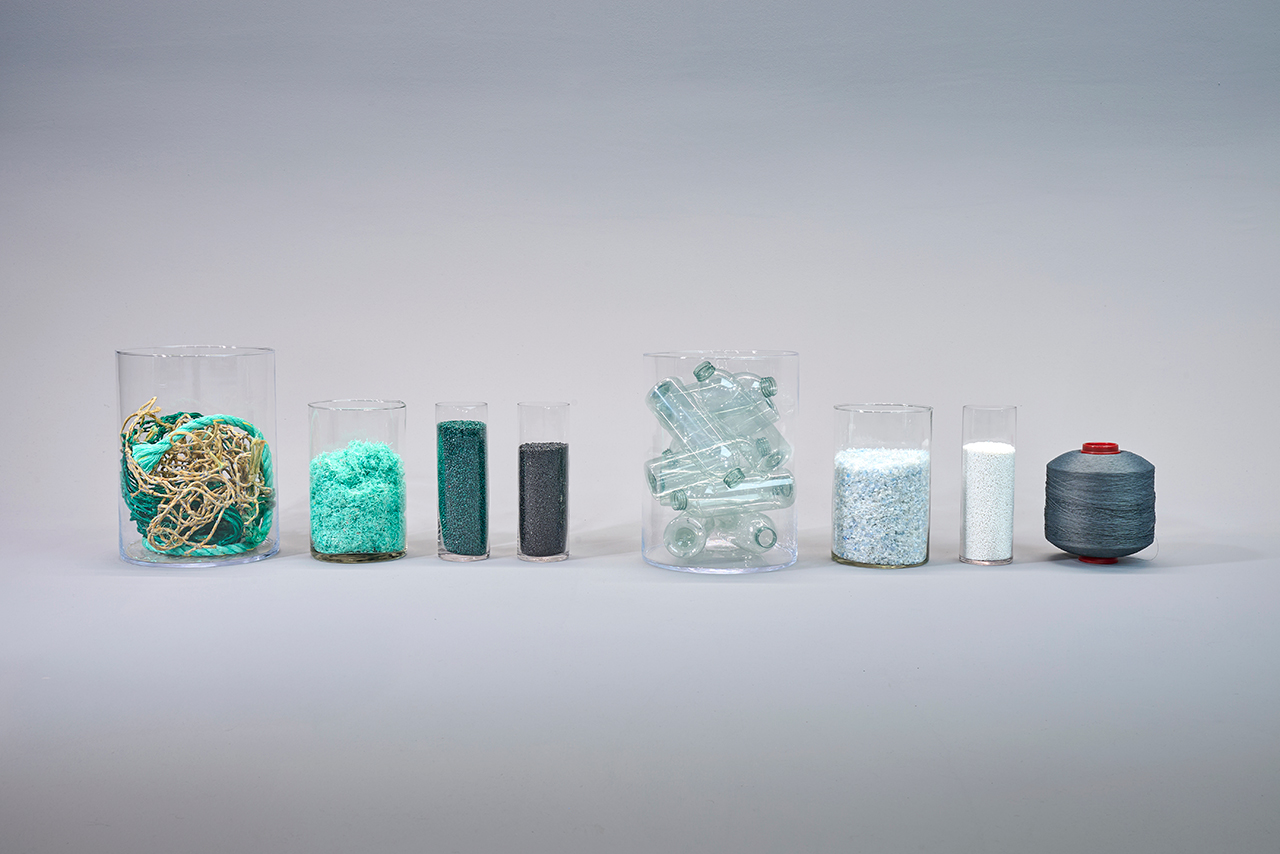The BMW Group has set itself the goal of minimising its impact on nature and the environment. In 1973 we became the first carmaker in the world to employ a permanent environment officer.
We are committed to the Paris Agreement and its goal of keeping global warming at well below 2 degrees Celsius compared with the pre-industrial period. Our value chain as a whole is on track to achieve well below 2 degrees – and our production facilities are even on course to achieve 1.5 degrees.
By 2050 at the latest, we want CO₂e emissions from our value chain as a whole to fall by 90 percent, using 2019 as the baseline. As a milestone toward that ambition, we aim to cut emissions by at least 40 million tonnes of CO₂e by 2030. In 2019, we recorded CO₂e emissions of 150.1 million tons. We have set another interim target for the year 2035: The company aims to reduce its CO2e emissions by at least 60 million tons compared to 2019. This means an additional reduction of approximately 20 million tons of CO2e on top of the existing target for 2030.
To achieve our CO₂e emissions reductions, we are working on every aspect of our value chain, from the supply chain and our production sites through to the usage of our vehicles.
At the moment the greatest potential for cutting CO₂e emissions lies in the electrification of our vehicle fleet. Fully electric vehicles are accounting for an ever-increasing share of our sales: in 2023 they made up 15 percent of our global sales, rising to 17.4 percent in 2024. Add in our plug-in hybrids, and electrified vehicles account for almost a quarter of our global sales.
At the BMW Group, we strongly believe in the potential of even more efficient combustion engines and hydrogen fuel cell-powered vehicles as well.
As electromobility becomes more widespread, the focus on CO₂e emissions reductions will shift from the usage phase of vehicles to the supply chain – because manufacturing electric cars is carbon-intensive and takes a lot of resources.
The BMW Group has made CO₂e emissions reductions in the supply chain a key criterion in contract awards. Since 2021 green energy has been mandatory, not only for our direct (Tier 1) suppliers but also for energy-intensive processes further upstream in the value chain: the production of CO2e-intensive components and materials by our indirect (Tier n) suppliers. Our battery cell suppliers are already required to use 100 percent energy from regenerative sources, as stipulated in our contracts with them.
In in-house production, the main factors in reducing our CO₂e emissions are our energy efficiency measures and use of renewables. We are replacing fossil fuels with a range of technologies, including geothermal energy at certain sites, renewable district heating, and heat from electricity (power-to-heat). Since 2020 all the energy we purchase from providers to power our plants worldwide has been sourced from renewables.





















